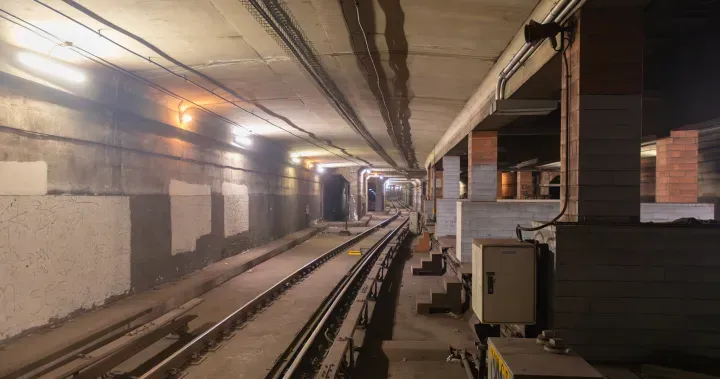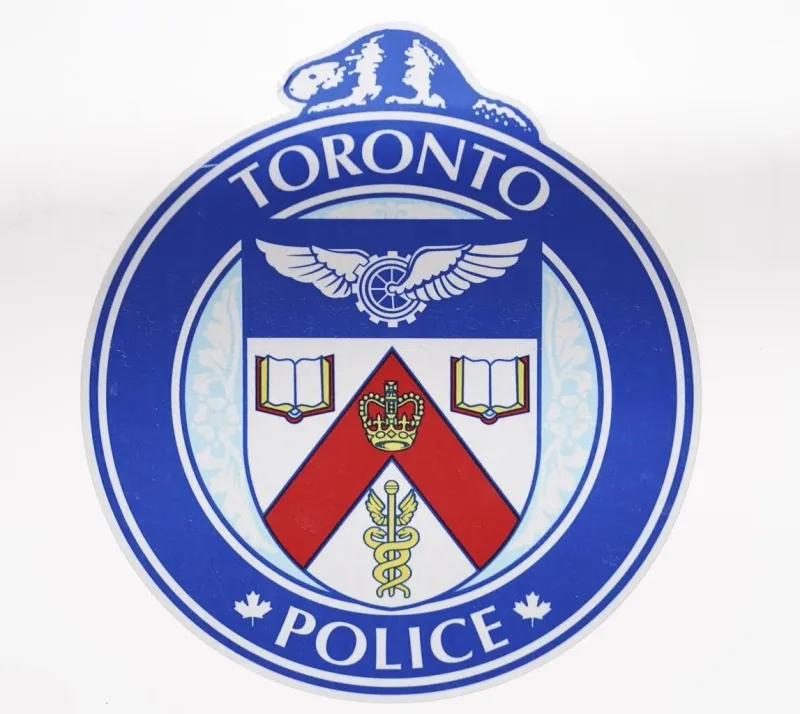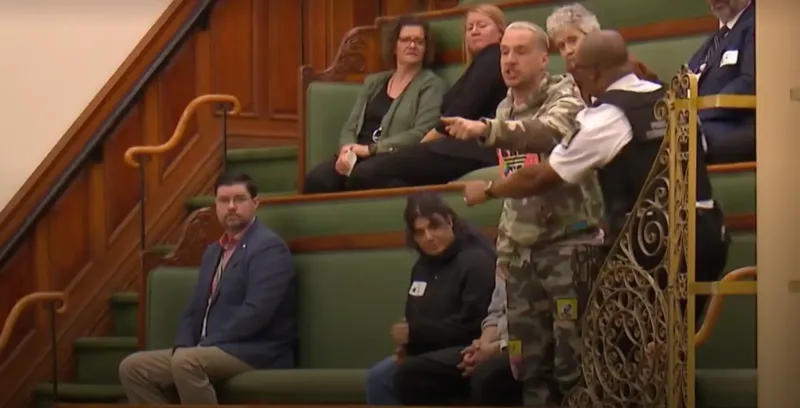Toronto needs a ‘plate of spaghetti’ transit system but costs are skyrocketing: report
A new report from the Toronto Region Board of Trade found the current cost of new transit in the city averages more than $700 million per kilometre — on par with other North American cities but far more than European equivalents.

The cost of expanding Toronto’s aging transit system has surged dramatically over recent decades, with the price per kilometre of new subway and light rail track reaching unprecedented levels, according to a recent report.
A new analysis by the Toronto Region Board of Trade reveals that the average cost of new transit in the city now exceeds $700 million per kilometre, comparable to other North American cities but significantly higher than in European counterparts.
The report urges the Ford government and Metrolinx to adopt global best practices to reduce the costs of building new transit as they continue the extensive expansion currently underway in Toronto and the surrounding region.
The board is calling on the government to ensure that the lines under construction or planned for the future are built efficiently, aiming to bring costs closer to the $300 million per kilometre seen in some European cities, rather than the much higher figures common in North America.
“You can’t afford not to build this, but you don’t want to be in a position where you can’t afford to build it,” said Giles Gherson, president and CEO of the Toronto Region Board of Trade, in an interview with Global News.
Escalating Costs
The board's report, titled "The Price of Progress," tracks the rising costs of transit construction in Toronto and worldwide. It found that from the mid-1970s to the mid-1990s, the cost of building transit in Toronto was steady at about $103 million per kilometre, adjusted for inflation.
However, costs began to climb with the completion of the Sheppard subway in 2002, which came in at $234 million per kilometre. The Yonge-University subway extension into York Region saw costs rise further to $443 million per kilometre.
Today, the average cost of transit projects in Toronto is around $700 million per kilometre. The unfinished Eglinton Crosstown LRT is projected to cost $674 million per kilometre, while both the Ontario Line and the Yonge subway extension are estimated at $700 million per kilometre. The Scarborough Subway Extension is expected to cost approximately $600 million per kilometre.
These figures are significantly higher than similar projects in European cities like Madrid and Paris. However, Toronto’s costs are on par with those in Los Angeles and San Francisco and are even lower than some subway expansions in New York City.
To control costs, the report suggests that some of the more extravagant elements of transit expansion may need to be reconsidered.
“If staying on budget is a core priority, we must act accordingly, eschewing grand station designs and putting political capital behind the difficult trade-offs required in accommodating local priorities like route or technology preferences,” the board of trade recommended.
Matti Siemiatycki, director of the infrastructure institute at the University of Toronto, noted that political decisions can also drive up costs.
“One thing the Ford government has really focused on is building projects underground,” Siemiatycki told Global News. “That’s part of their political mantra — to not impede traffic with their lines. So they’re building underground, in some places where it’s warranted and in some places where you could build on the surface, but it’s politically advantageous and more popular to build it below ground. That’s adding cost per kilometre in a significant way too.”
The Need for Expansion
Toronto’s relatively small subway system, particularly compared to other major cities, underscores the need for continued expansion, according to Gherson.
“If you look at a map of Berlin and a map of Toronto or Paris, they’re similar-sized cities,” he said. “We just have a couple of strands of spaghetti (subway lines), and they’ve got this whole plate of spaghetti.”
The Ford government is currently undertaking a massive transit expansion across southern Ontario, including the Ontario Line and Scarborough Subway Extension in Toronto, the Hazel McCallion LRT in Mississauga, and a light-rail project in Hamilton.
Several other proposed routes, including a waterfront LRT in Toronto, are also awaiting funding.
Siemiatycki acknowledged that certain aspects of the Ontario government’s plan deserve recognition.
“They passed legislation to try and speed up projects, to streamline some of the processes, that’s been put in place,” he said. “They did announce a big package of projects, which is positive, which has kept the whole industry busy — in some ways, you risk overheating the industry — but they have done that. And I think most importantly they shifted gears and focus away from just public-private partnerships as the only game in town.”
The Ford government frequently cites the Ontario Line as a prime example of improved transit planning and construction. Unlike the Eglinton Crosstown LRT, which was managed through a single large contract, the Ontario Line is being divided into sections in an effort to avoid repeating costly mistakes.
However, with the Ontario Line now projected to cost over $27 billion, including operating fees, the effectiveness of these measures will take years to fully evaluate.
“We now have this current wave, which is already facing cost overruns, and shovels have only recently hit the ground,” Siemiatycki said. “So, whether we can get this right, even with some of the reforms that have been put in place, remains to be seen.”





